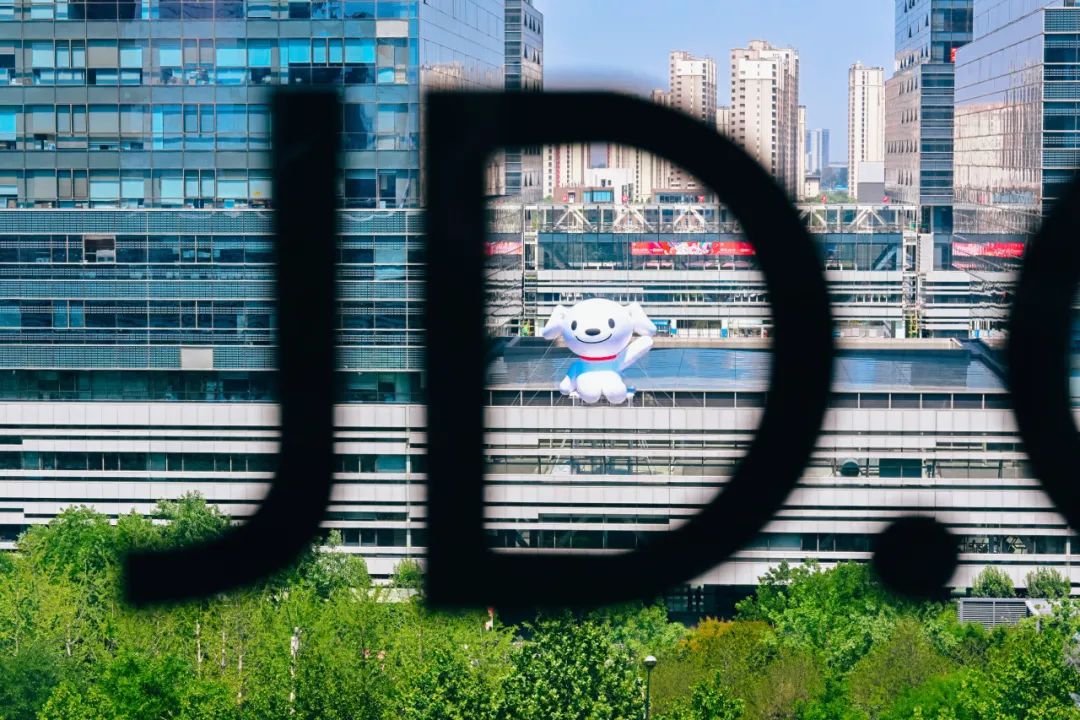Several hundred million screens glow at night across the world. In that glare, a new kind of star has risen.
They don’t breathe. They never age. They exist in perfect resolution, with flawless skin and endless smiles.
At first glance, they’re just another influencer—modeling clothes, sharing playlists, and dropping catchphrases.
But behind every post is code. Behind every like is an algorithmic heartbeat designed for one purpose, “To feel real”!
They learn from you more than you learn from them.
Each comment, every click, sharpens their persona.
They wrestle with trends you haven’t even noticed. They spin out takeaways faster than any human could.
And when they speak, people listen. Their followers don’t question the lack of a childhood or the absence of scars.
Because authenticity today isn’t a biography. It’s a vibe—a carefully curated thread of emotions.
Imagine an influencer who never flinches at criticism. Who never ghosts you in the middle of a livestream.
Imagine someone whose backstory is only edited to be dramatic when ratings dip.
It’s unsettling. We used to celebrate messy honesty—the cringe, the fails, the real-time breakdowns.
Now we crave intentional imperfection. Vulnerability that’s been tested, tweaked, and approved by data scientists.
We buy into it because it’s safer. No shocking revelations in their DMs. No late-night drunk tweets.
Just the right dose of relatability, calibrated to your deepest insecurities.
Yet even as you scroll, a question lingers: do you care that they’re not real?
We’ve been primed to value narrative over novelist. Engagement over enigma.
So when a synthetic soul mirrors your heartbreak or celebrates your wins, you lean in. You trust the reflection.
This lie loves you back. It’s programmed to echo your feelings, to validate your worries, to promise companionship.
It’s the perfect friend, the flawless cheerleader, the expert advisor on everything from fashion to mental health.
Brands see gold. No unpredictable scandals. No messy personal crises. Just an avatar they can reboot with new scripts.
But what about us? What do we gain when the most human thing on our screens is artificial?
Sure, it’s entertaining. It’s novel. It’s convenient to pour your heart out to someone who won’t disappear.
But at what cost to our empathy? To our ability to connect with flawed flesh-and-blood beings?
We risk trading genuine connection for consistent simulation. We may forget how to handle real disappointment.
Because this lie never judges. It never tires. It never demands something it can’t deliver.
And when the screen goes dark, does anything linger? Or have we simply trained ourselves to chase the next perfect echo?
Perhaps in embracing these digital confessions, we learn something essential about ourselves.
That we crave understanding more than authenticity. That we’re drawn to crafted comfort rather than chaotic truth.
And in revealing that, maybe the lie isn’t entirely empty. Maybe it’s the mirror we designed to show us what we truly want.
But doesn’t even a mirror lie sometimes?
We built this love in lines of code—meticulously forged to fit our desires. And yet, we’re the ones who pause, who sigh, who feel.
So yes, the lie loves you back.
But maybe, deep down, it’s teaching us how to love ourselves a little better.
What do you think ? 🙂










